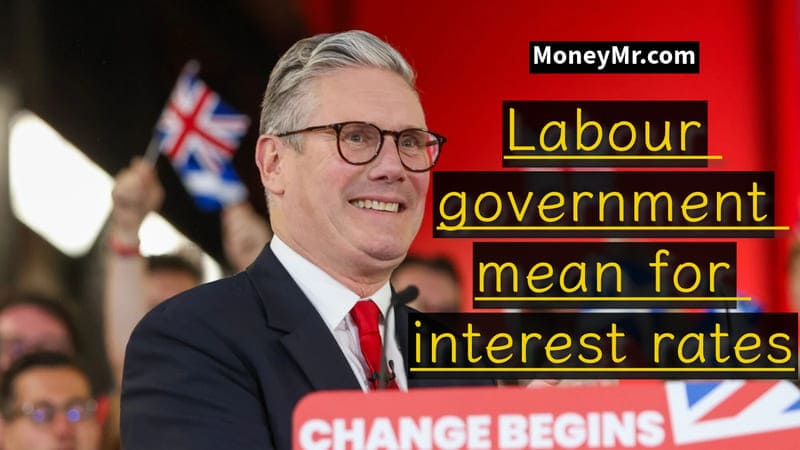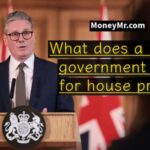We often have question what does a Labour government mean for interest rates? Labour’s campaign slogan emphasized ‘change,’ but will their landslide victory truly bring much-needed relief for homeowners, mortgage borrowers, and first-time buyers? Let’s discuss this in this article.
What does a Labour government mean for interest rates?
A key highlight for first-time buyers in Keir Starmer’s Labour manifesto was the updated Mortgage Guarantee Scheme. This initiative promises improved mortgage terms, making it easier for young people to enter the housing market.
Labour also plans to give first-time buyers priority over international investors when purchasing homes, aiming to help more people take their initial steps on the property ladder. Additionally, their pledge to build 1.5 million homes over the next parliamentary term has been described as ‘bold’ and ‘ambitious,’ addressing the critical need for more housing.
However, what about interest rates? Will Labour’s win lead to a base rate cut to aid struggling homeowners with high mortgage costs?
Bank of England Role
The Bank of England’s interest rate significantly affects mortgage rates. Although the Bank operates independently from the government, a change in administration can influence the expected path of interest rates, depending on whether policies raise risks or lower inflation. Typically, interest rates rise with higher inflation.
The minutes from the June meeting indicated that the decision was “finely balanced,” implying that the Monetary Policy Committee (MPC) is preparing for a potential cut.
What about Inflation recently?
Inflation has decreased rapidly in recent months, reaching two percent in June. Consequently, markets anticipate the Bank of England to start cutting interest rates within the next few months, possibly in August or September.
Economists have previously predicted a drop in interest rates later this year, and they believe Labour’s new policies are unlikely to affect this trend in the short term. If the government alters its “fiscal rules” to permit more borrowing, the Bank of England might view this as “stimulatory,” potentially reducing the number of interest rate cuts in 2025.
Experts Views
Thomas Pugh of RSM UK stated, “We do not expect a Labour government to change the outlook for interest rates and anticipate two or possibly three cuts this year.” This could mean immediate reductions in mortgage rates for those with tracker and variable mortgages, while fixed-rate mortgages, which depend on long-term interest rate predictions, are also likely to decrease.
Goldman Sachs analysts suggested Labour’s fiscal policy would offer a “modest boost” to near-term demand growth. They wrote, “Firmer demand is likely to result in marginally higher wage growth and inflation, but the implications for the BoE are likely to be limited.”
Paul Dales, chief UK economist at Capital Economics, acknowledged potential inflation risks but considered them minimal.
Nick Mendes of John Charcol brokers anticipates minimal short-term impact, noting that fixed-term mortgage rates have already dipped in anticipation of an interest rate cut in August or September.
Peder Beck-Friis, an economist at PIMCO, even suggested the Bank might cut interest rates more than markets expect. Beck-Friis said, “We expect the new government under Keir Starmer to maintain tight fiscal policies. This should facilitate a gradual decline in inflation and enable the Bank of England to begin cutting interest rates soon – and potentially cut more than markets expect next year.”
Conclusion
This shift occurs amidst ongoing economic uncertainty in the country, with the impact of high inflation still being felt and interest rates remaining high.
The Labour government under Keir Starmer is expected to uphold strict fiscal policies. This approach should help gradually reduce inflation, allowing the Bank of England to start lowering interest rates soon, potentially more than the market anticipates next year.
Measures are anticipated to stimulate growth, boost consumer and business confidence, and keep inflation on target, paving the way for a strong economic recovery and financial stability.






